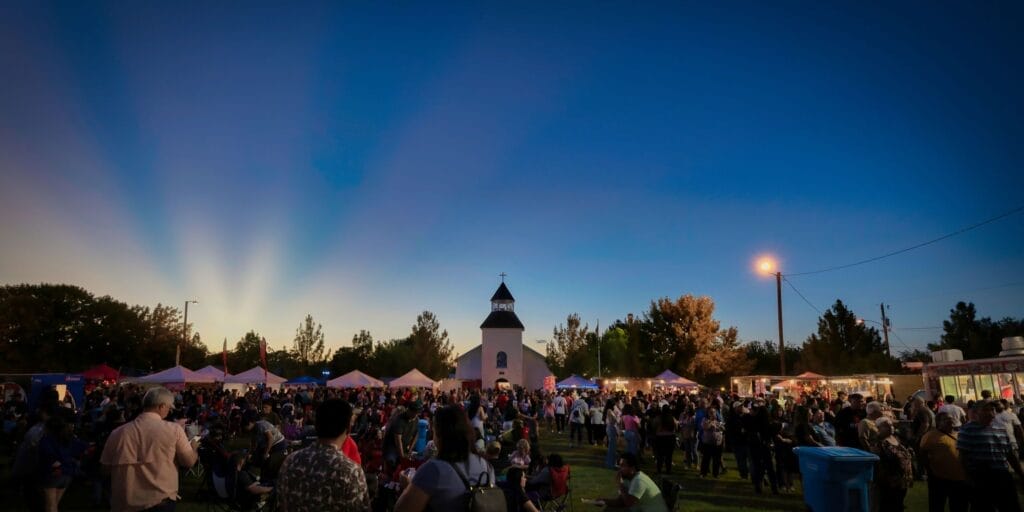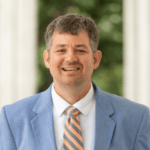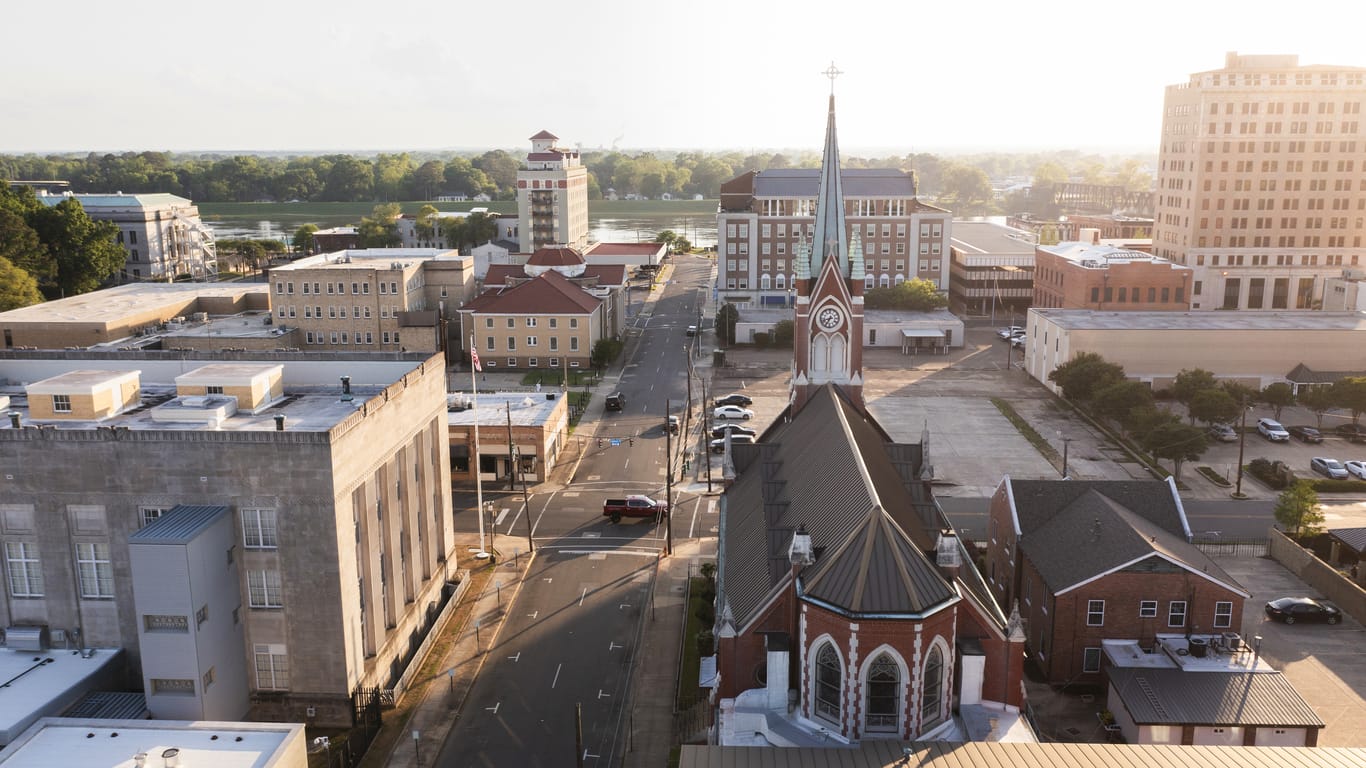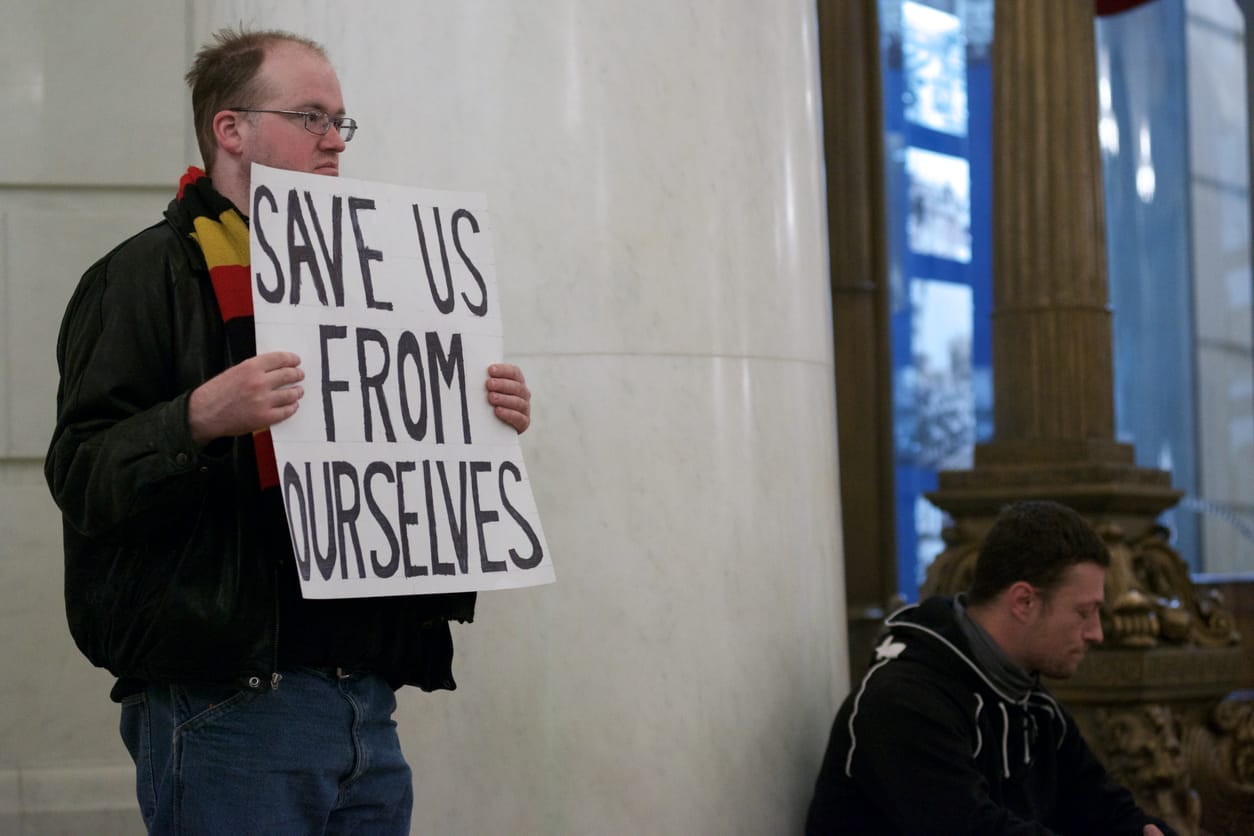Now is the time to defend faith and freedom

One of my first conversations while planning an issue on religious liberty in the states was with my friend and contributor, Jordan Ballor. He immediately encouraged me: “Yes — you should do something on the ‘laboratories of religious liberty.’” I like the phrase and think it’s a perfect framework for this issue.
Inevitably, when we think about religious freedom, our minds jump to the First Amendment and the grand battles waged at the U.S. Supreme Court. Yet, as First Liberty Institute CEO and President Kelly Shackelford reminds us in his interview, only a tiny fraction of cases ever reach that level. Most religious liberty issues are shaped by what happens closer to home.
This reality underscores an often-overlooked truth: safeguarding religious liberty depends not just on constitutional guarantees but also on the wisdom, responsiveness, and courage of local governments and state legislatures. In that vein, former Mississippi House Speaker Philip Gunn offers us a window in to how his state went on the offense for religious liberty.
In our interview with Mark Rienzi, president of the Becket Fund, he described these more localized protections as “a web of overlapping safeguards that reinforce one another.”
A parish priest in Arlington, Virginia, Fr. Thomas Ferguson serves on President Trump’s Religious Liberty Commission. In an interview, he discusses the ongoing Little Sisters of the Poor case, subsidiarity, and faith’s role in public life, particularly the dangers of what Benedict XVI called “The dictatorship of relativism.”
Paul Mueller and Mark David Hall highlight why the Trump administration can be a boon for religious liberty and why that’s an opportunity for state action on the issue.
Jospeh Clement and Frank DeVito of Napa Legal give us a deeper look at many of the important legal victories on religious liberty and why it’s essential that proponents of limited government to invest in and care about this issue.
From an Orthodox Christian perspective, Rev. Ben Johnson explores the constitutional and patristic roots of state religious liberty protections and why they matter today.
Tony Woodlief of the Center for Practical Federalism warns that more laws often signal moral decline, and that genuine freedom depends less on legislation and more on faith, virtue, and strong communities.
Jordan Ballor highlights how federalism remains essential to America’s flourishing, using religious liberty as the key example. He notes the resurgence of state legislatures particularly in our post-Dobbs world.
I add a piece on James Madison’s monumental contribution to America’s heritage of religious liberty, which can never really be overestimated.
John Zambenini draws on James Burnham’s “The Managerial Revolution,” arguing that religious freedom now operates within a new context where state power, private enterprise, and religious organizations are deeply intertwined.
Zambenini also offers us some thoughts on the political assassination of Charlie Kirk.
The fact that Kirk was a Christian engaged in vigorous debates and discussions in the public square should remind us of the need for an aggressive defense of the free society. His violent murder should jolt us into recognizing that freedom is not self-sustaining. It must be fought for with sharper resolve.
Retreat from the public square is not an option; it only cedes more ground to those who would silence dissent. Now is the time for citizens to speak more boldly, organize more intentionally, and defend liberty against those who would take it away. It’s also a reminder that we need leaders at every level of government who will uphold the rule of law against the enemies of order and freedom, making clear that attacks on the foundations of a free society will not stand.



